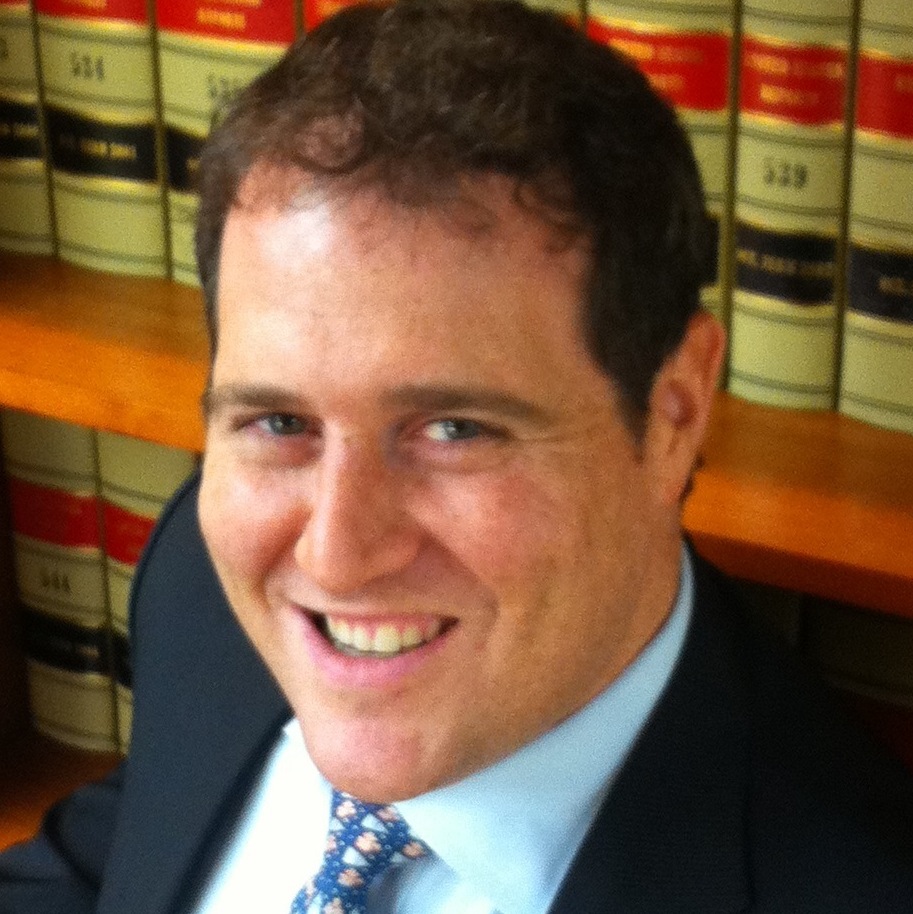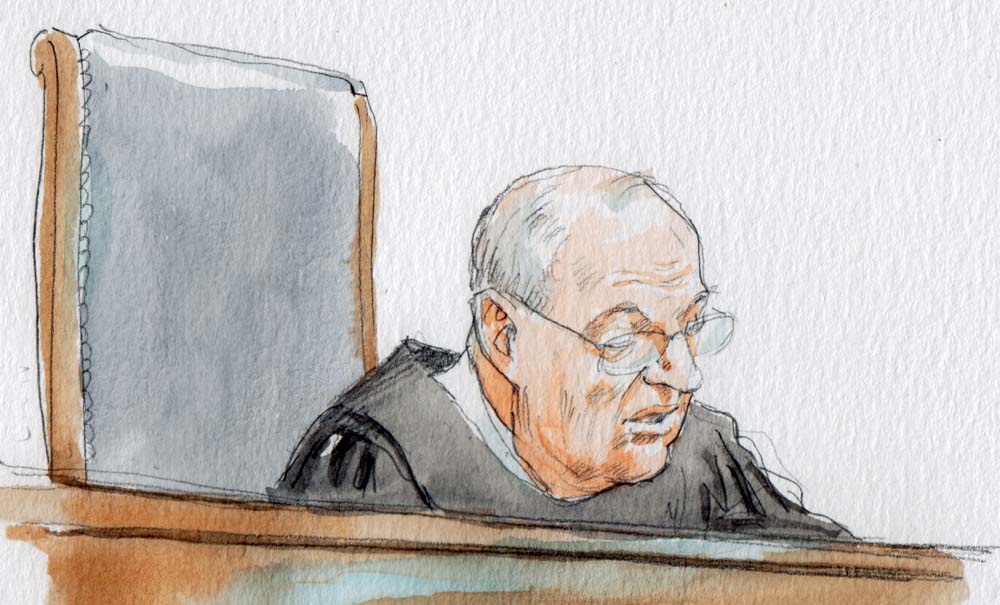The Roberts court after Kennedy

on Jun 28, 2018 at 12:04 pm

[Editor’s Note: In this piece, Eric Citron takes a quick look at five areas of the law influenced by Justice Anthony Kennedy. We will have additional posts that take deeper dives into these and other topics.]
At least since the retirement of Justice Sandra Day O’Connor in 2006, Justice Anthony Kennedy has been at the center of the Supreme Court’s ideological divide — the median justice most advocates thought they would need to convince to have a chance of prevailing. Of course, it hasn’t always been so: Chief Justice John Roberts cast the deciding vote to uphold the Affordable Care Act, Justice Neil Gorsuch sided with the left wing of the court on an immigration case this term, and other justices have sometimes been the deciders, too. But the longstanding nature of the court’s close division obscures the sheer volume of deciding votes that Kennedy has cast on many of the issues that concern the country the most. Even in the cases in which Kennedy (who is quite conservative) sided with his more conservative colleagues on the outcome, he frequently acted as a brake on moving the court’s jurisprudence even further to the right, often by writing for himself. Presumably, Kennedy’s replacement will lie somewhere to the right of Roberts. The goal here is to highlight just some of the most important areas in which replacing Kennedy’s vote with the chief justice’s would change core outcomes in constitutional law. It is an evidently consequential list.
Kennedy was not at all a staunch supporter of abortion rights; he authored the decision upholding the federal ban on so-called “partial birth abortions” in Gonzales v. Carhart. But he refused to vote to overturn Roe v. Wade when he had the chance in Casey, and he cast a deciding vote against the restrictive Texas laws at issue in Hellerstedt. Roberts wasn’t on the court for Casey, but his vote in cases like Hellerstedt suggests that he may well be willing to overturn Roe. If the president follows through on his promise to appoint justices willing to take that step, that long-imagined outcome for conservatives will have a serious chance of becoming a reality.
Kennedy is well known to be the author of the two key decisions over this decade striking down the federal Defense of Marriage Act and prohibiting state laws banning gay marriage. But his legacy as a defender of gay rights goes back further. Kennedy voted to strike down state laws banning gay sexual relations in Lawrence, which overruled the contrary holding in Bowers v. Hardwick. Justices Antonin Scalia and Clarence Thomas and Chief Justice William Rehnquist voted against Lawrence, and to the extent that Justices Samuel Alito and Neil Gorsuch and Roberts seem to be more in the mold of these justices than of Kennedy and O’Connor, it is not hard to imagine a substantial revision in the court’s gay-rights jurisprudence. One might well hope that the states will not act to annul existing marriages, ban new ones, or impose legal penalties on homosexual sex, but should some states choose to take those now forbidden steps, a new majority of the justices might be open to permitting them.
- Severe Punishment: Atkins v. Virginia, Miller v. Alabama
Kennedy has been the only conservative justice willing to endorse any limits on severe punishments under the Eighth Amendment. He has voted to prohibit the execution of the mentally disabled and to prohibit the range of crimes eligible for both the death penalty and life without parole, and has been more open than his conservative colleagues to allowing federal habeas review on such issues and on other issues affecting criminal justice. Kennedy has also voted against poor conditions in prisons, and has been an outspoken voice generally for sentencing and prison reform — even outside the court. Without Kennedy, the chances to see limitations on severe forms of punishment will essentially disappear, and there is again a chance that existing doctrines that Roberts voted against will be rolled back.
- Affirmative Action: Fisher v. University of Texas at Austin, Parents Involved in Community Schools v. Seattle School District No. 1
Kennedy surprised many court-watchers by voting to uphold the affirmative action plan at issue in Fisher, and his vote is necessary to preserve any majority at the court supporting the use of race to benefit disfavored minorities. Notably, while he voted for the same outcome in the Parents Involved case (which involved using race affirmatively in an effort to desegregate historically segregated school districts), he wrote separately, taking a more limited position than the chief justice, who famously wrote that “the best way to stop discrimination on the basis of race, is to stop discriminating on the basis of race.” That attitude — prohibiting all uses of race, even benign ones designed to remedy past discrimination quite directly — is thus very likely to prevail if Kennedy is replaced with a justice who leaves Roberts in the middle.
- Political Gerrymandering: Vieth v. Jubelirer
Kennedy is the sole conservative justice who has expressed any skepticism toward the practice of political gerrymandering. Based on the disposition of the cases decided this term, and the unwillingness of any other members of the conservative majority to join in the opinion authored by Justice Elena Kagan in Gill v. Whitford, it is reasonable to assume that — with Kennedy’s replacement — the odds of attaining any majority to impose limits on political gerrymandering will be greatly diminished.
These examples are only the most immediate ones with the greatest political significance. Kennedy was also frequently the median vote on issues such as when injured complainants can proceed by class action, and other cases on the business docket pitting plaintiffs against corporate defendants. Because he has been positioned at the center of the Supreme Court for so long, it is both hard to imagine a court without him, and easy to forget that so many of the court’s current stances are not inherent to the institution, but instead dependent on his votes. The profound nature of the change should not be underestimated; cases like Roe that have long been part of the canon of constitutional law may not long remain fixed stars without him.


